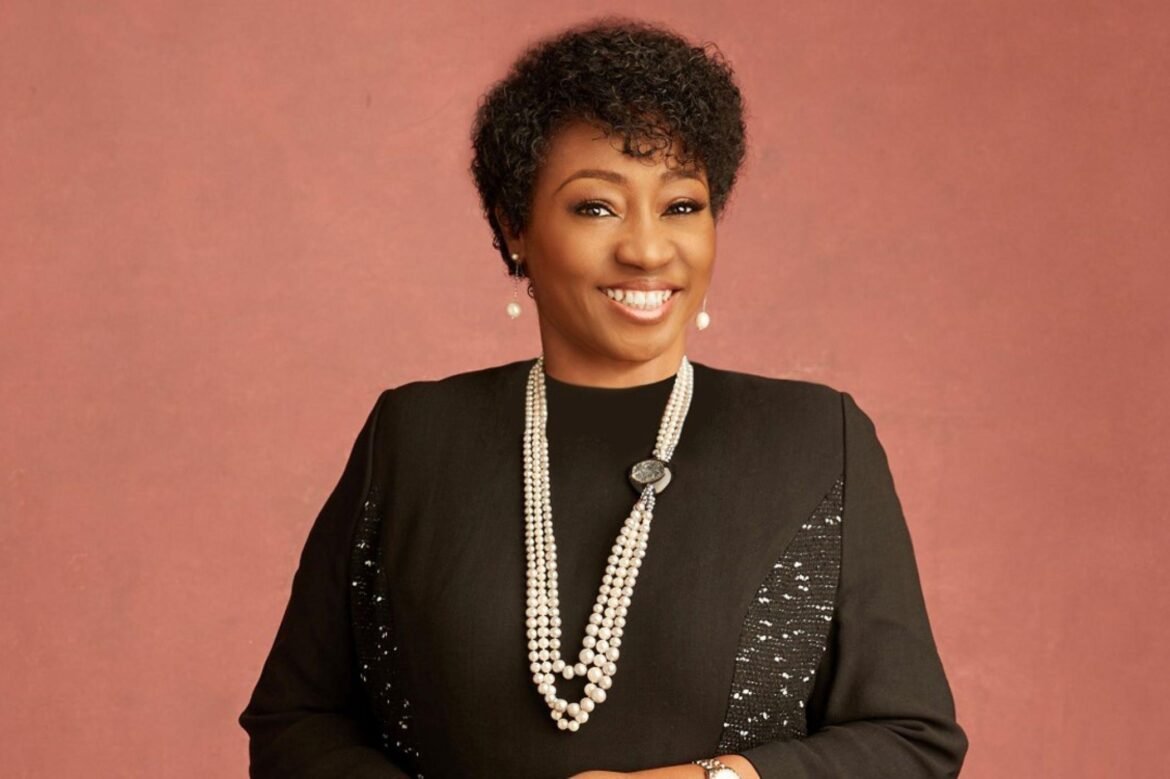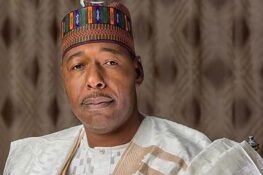The wives of the 36 state governors in Nigeria have vowed to break the culture of silence that allows perpetrators of sexual violence to get away with their crimes.
This position was contained in a communique signed by Bisi Fayemi, wife of the Ekiti State governor, Kayode Fayemi, after a virtual meeting of the states’ first ladies.
There have been calls for a declaration of a State of Emergency on sexual and gender based violence in Nigeria as cases continue to increase.
The first ladies in the communique said they had observed that very few cases of sexual violence in Nigeria end up in convictions.
They therefore resolved to become more involved in seeing that justice is done for victims and survivors of sexual violence.
“It was further noted that several states in the country have not domesticated relevant legislation to safeguard women and children from violence and very few states have a Sex Offenders Register. It was agreed that advocacy efforts will be intensified to ensure that legislation and implementation of such laws can be used to combat gender based violence,” the communique stated.
They also, “resolved to work assiduously with a range of stakeholders to break the culture of silence which has so far meant that perpetrators are not brought to justice because the parents and or family members of victims and the victims themselves are prevailed upon not to report these cases. The first ladies are unequivocal that this must stop.”








